This Day in History is DUE’s daily dose of trivia for all the history buffs out there. So sit back and take a ride of all the fascinating things that happened today!
People are trapped in history and history is trapped in people, and hence, every day has been a significant one in the foibles of History. Let’s take a tour of “This Day in History – 16th of January”.
27 BC Octavian got the title of “Augustus”
Gaius Julius Caesar Octavian was Atia’s son was the daughter of Julia, the sister of Julius Caesar. As per Roman History as well as the play, “Julius Caesar”, later, Octavian became the ruler of Rome after the death of Julius Caesar and got the title of “Augustus”.
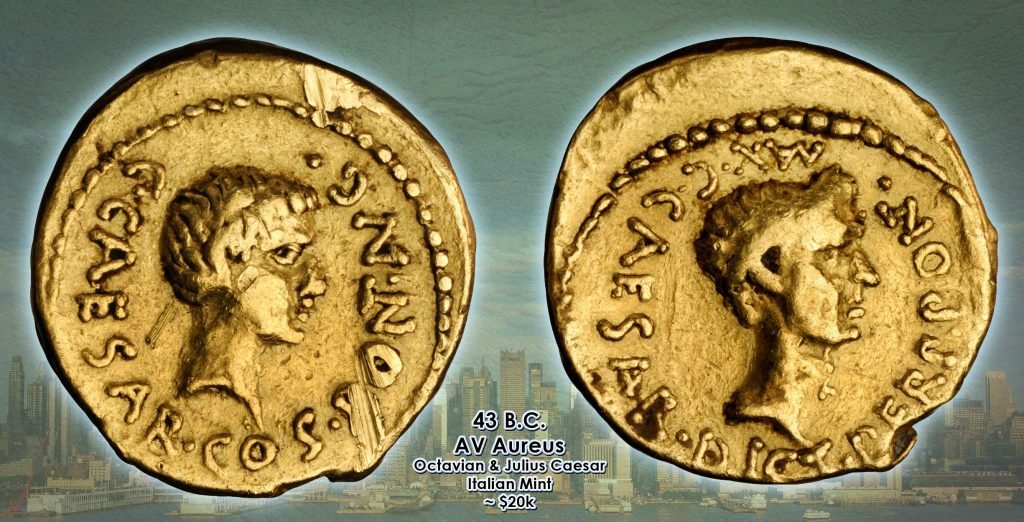
1492 Grammar sprouts out from the womb of Spain
“Gramatica de la lengua castellana” was a book written by Antonio de Nebrija and published in 1492. Therefore, it was the first work dedicated to the Spanish language and its rules, and the first grammar of a modern European language to be published in print. In addition, the first grammar of the modern language, Spanish, was presented to Queen Isabella.
1493 Columbus travels Spain
The explorer Christopher Columbus made four trips across the Atlantic Ocean from Spain: in 1492, 1493, 1498, and 1502. He was determined to find a direct water route west from Europe to Asia, but he never did. On this day in History, Columbus had left the New World to set sail for Spain.
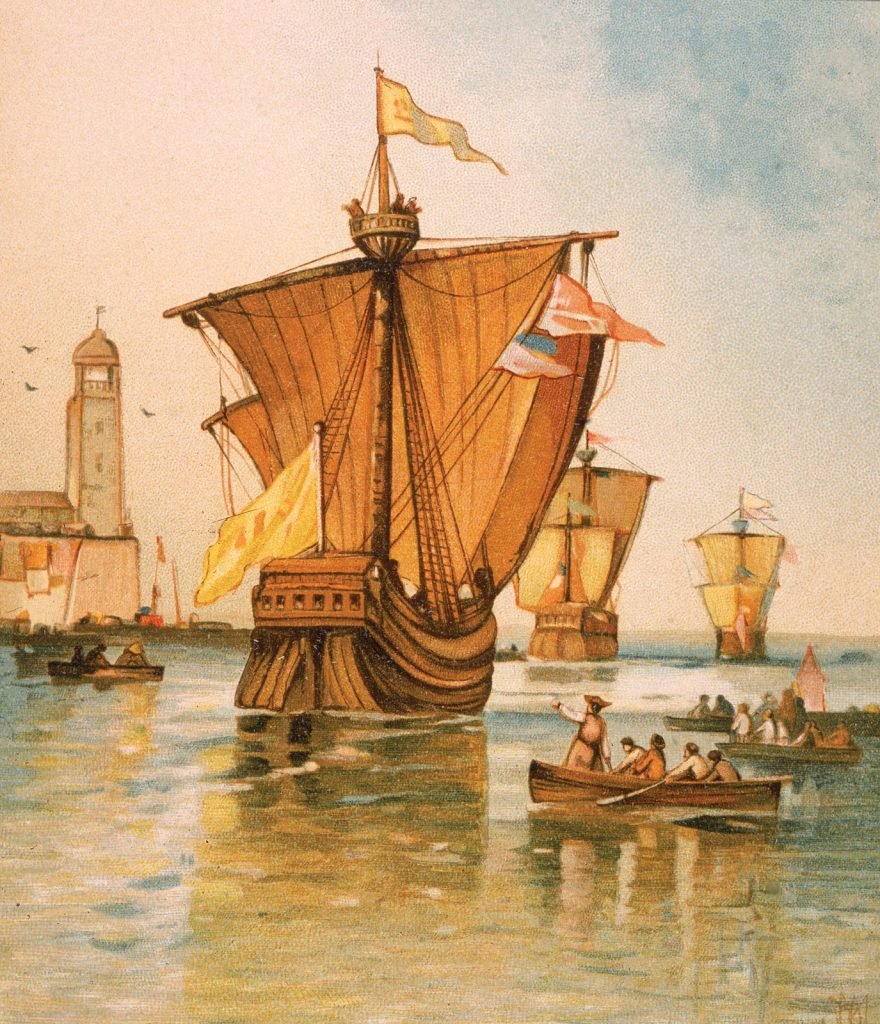
1749 The theatrical mob massacre takes place
Hoax article advertising fictitious theatrical performer “The Bottle Conjuror” drew huge crowds to the Haymarket Theatre, London. Consequently, its inevitable non-appearance caused a riot. In addition, it’s alleged the Duke of Montagu perpetrated the fiasco to win a bet.
1756 Britain & Prussia sign Treaty of Westminster
Signed by the Dutch Republic and the Kingdom of England, this treaty provided for the return of the colony of New Netherland to England. Therefore, it renewed the Treaty of Breda of 1667.
1761 The British capture Pondicherry
Pondicherry, presently a Union territory of the Republic of India, was captured from the hands of the French by the British East India Company. Later, this change of power came to be known as the “Siege of Pondicherry”.
1793 Louis XVI was sentenced to death
On this day in History, the French King Louis XVI was sentenced to death by the National Convention during the French Revolution. The King was guillotined in the Place de la Revolution in Paris. Consequently, Louis XIV was forced to accept the constitution of 1791, which reduced him to a mere figurehead.
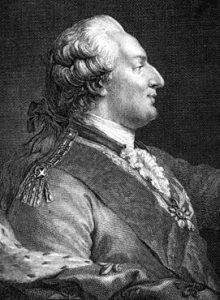
1832 Darwin lands in the Cape Verde islands
Charles Darwin lands at Porto Prayo in the Cape Verde islands, the first landing of his HMS Beagle voyage. The sailor, there, saw that the bands of oyster shells running through local rocks, therefore suggesting that Lyell was right in his geologic speculations. In addition, it was proved that the land was rising in places, falling in others.
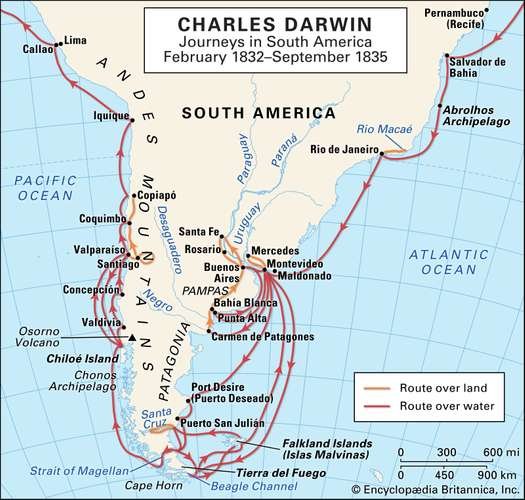
1865 Drunken sailors attack munitions at Ft Fisher NC, 40 die
On the morning of January 16, 1865, a group of drunken United States sailors in search of loot and souvenirs carried a torch into the fort’s main powder magazine. This, the largest of the reserve magazines, contained 13,000 pounds of powder captured along with the fort. The explosion that followed killed or injured another 300 Union men and destroyed a section of the fortification.
1868 Refrigerator car patented by William Davis, a fish dealer in Detroit

Davis, a fish market owner, devised a refrigerated boxcar based on fellow Detroiter J.B. Sutherland’s design of containers with ice and gravity-forced air circulation. Sutherland was the first to patent the railroad refrigerator car, using that terminology, in 1867, however lacked financial support to advance his idea.
1877 Color organ (for light shows) patented, by Bainbridge Bishop

In 1877, US artist, inventor Bainbridge Bishop gets a patent for his first Color Organ. These were pipe organ light instruments that could project colorful lights onto a screen in synchronization with a musical performance. This invention, consequently, gave a boost to the theatrical industry.
1883 Pendleton Act creates the basis of the US Civil Service system
The Pendleton Civil Service Reform Act mandates that most positions within the federal government should be awarded on the basis of merit instead of political patronage. It is one of the most important federal laws of the US till date.
1883 Quebec Rugby Football Union forms
The Quebec Rugby Football Union (QRFU) was a football league consisting of teams from Quebec and formed in 1883. Later, Eastern Ontario teams like Ottawa City and Ottawa College joined in 1894.

1919 US ratifies its authorization over the prohibition of alcohol
On this day in History, the 18th Amendment to the US Constitution, authorizing the prohibition of alcohol is ratified by a majority of US states. Later, the 21st Amendment to the U.S. Constitution is ratified, repealing the 18th Amendment and consequently, bringing an end to the era of national prohibition of alcohol in America.
1920 League of Nations holds its first assembly
The League of Nations, a predecessor of the United Nations Organisation held its first assembly in Paris, France, six days after the Versailles Treaty. It was established to prevent war-like situations, however, it failed this very objective.
1939 Daily newspaper comic strip “Superman” debuts
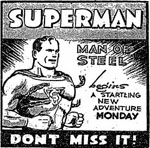
Superman was a daily newspaper comic strip. These strips ran continuously until May 1966. In 1941, the McClure Syndicate had placed the strip in hundreds of newspapers. At its peak, the strip, featuring Superman, was in over 300 daily newspapers and 90 Sunday papers, with a readership of over 20 million. However, since McClure Syndicate failed to place the copyright notice on some of the strips, so those strips landed in the public domain.
1941 US vice-admiral Bellinger warns of an assault on Pearl Harbor
During the Japanese attack on Pearl Harbor, Commander Bellinger, Patrol Wing Two sent the message, “Air raid, Pearl Harbor. This is no drill”, therefore, the first notice to the outside world of the attack.
1945 Adolf Hitler moves into the Fuhrerbunker, his underground bunker in Berlin
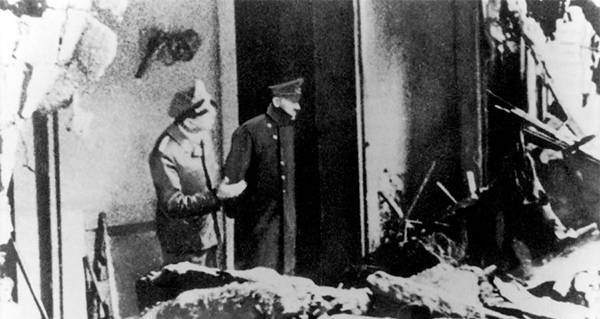
After the very detrimental World War II, Adolf Hitler, the Nazi Germany leader moved into the Führerbunker on 16 January 1945, and in addition by his senior staff. His wife, Eva Braun, and his right hand, Joseph Goebbels joined them in April, while Magda Goebbels and their six children took residence in the upper Vorbunker.
1956 Egyptian President Nasser pledges to reconquer Palestine
Gamal Abdel Nasser, a young army officer, had his own vision for both a new nation and the Arab World. He became the second President of the Arab Republic of Egypt most importantly, because of the central parliamentary rule and his domestic social programs.
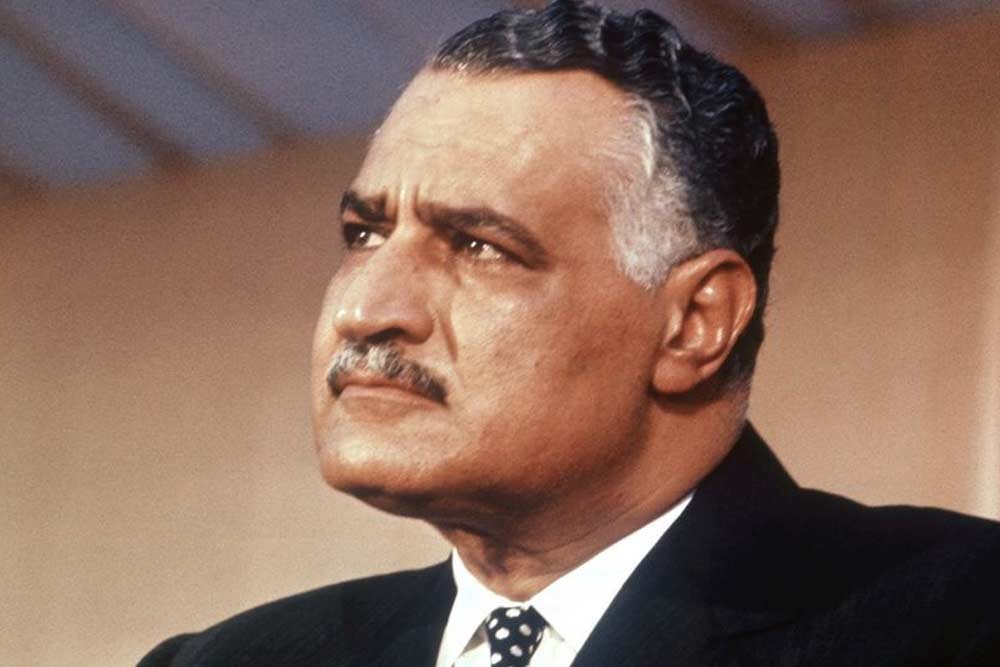
1962 Shooting begins on “Dr. No” the first James Bond film
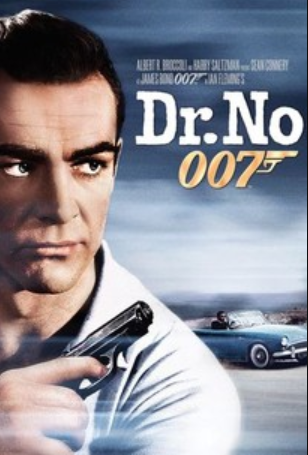
Terence Young was the director of Dr. No, a 1962 spy film. The film is the progeny of the 1958 novel of the same name by Ian Fleming. Therefore, it is the first installment in the James Bond series, one of the most successful franchises in cinema.
1965 USSR performs nuclear test at Eastern Kazakh/Semipalitinsk USSR
The Soviet Union conducted 456 nuclear tests at Semipalatinsk from 1949 until 1989 with little regard for their effect on the local people or environment. The Soviets kept the full impact of radiation exposure confidential for many years. However, before closing the site in 1991, this came to light.
1966 Harold R Perry becomes 2nd black Roman Catholic bishop in the US
An auxiliary bishop of New Orleans for more than twenty years, he was the first openly-African American Catholic bishop, the in addition, the second overall.
1966 Bobby Hull becomes the first player in team history to score 300 goals
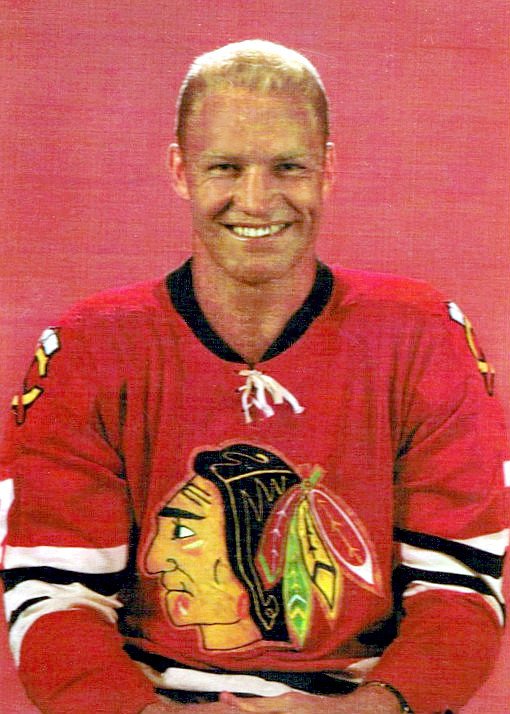
Chicago Black Hawks’ right-wing Bobby Hull scores 4 goals (his 17th career hat trick) in a 6-5 loss to NY Rangers; therefore, becoming the first player in team history to score 300 goals.
1967 1st black government installed in the Bahamas
The Bahamas achieved full independence as a Commonwealth realm within the Commonwealth of Nations on 10 July 1973. Consequently, Sir Lynden O. Pindling, leader of the Progressive Liberal Party, became the first black Premier of the colony in 1967.
1970 Muammar Gaddafi takes over rule of Libya
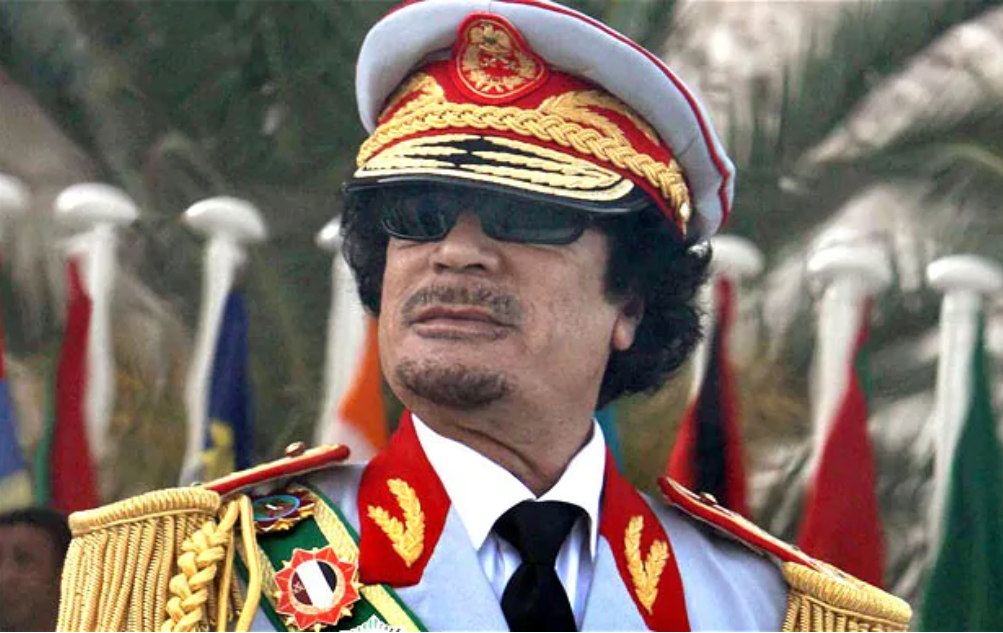
After leading a coup against the monarchy, Muammar Gaddafi became the de facto leader of Libya after leading a group of young Libyan military officers against King Idris I in a bloodless coup d’état. Under Gaddafi, per capita income in the country rose to more than US$11,000, the fifth-highest in Africa.
1971 Ard Schenk skates world record 1500m (1:58.7)
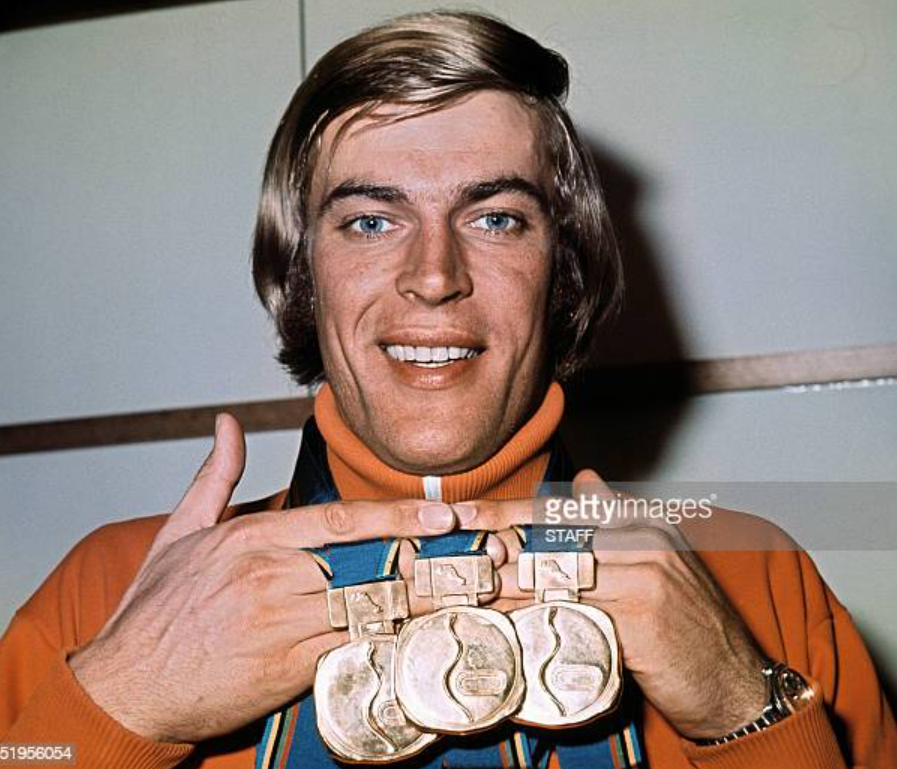
The son of speed skating coach Klaas Schenk, Ard Schenk became one of the all-time speed skating greats. Above all, Schenk set 18 World Records, becoming the first man to break 2 minutes over 1500 m and the first to beat 15 minutes in the 10,000 m. By 1971, he held all World Records save the 500 m. In addition to his titles, Ard Schenk won the Oscar Mathisen Trophy (for the best speed skating performance of the season) three times.
1978 Soyuz 27 returns to Earth
Soyuz 27 was a 1978 Soviet crewed spacecraft that flew to the orbiting Salyut 6 space station, during the mission EP-1. It was the third crewed flight to the station, the second successful docking, and the first visitation mission.
1979 BBC’s “Life on Earth” premieres on BBC One

On this day in History, BBC landmark nature series “Life on Earth” is first shown on BBC One with David Attenborough as the host. The series took 3 years to make. In the first episode, he began in the South American rainforest and finally, ended up on the Great Barrier Reef.
1984 11th American Music Awards: Pat Benatar and Michael Jackson win
Lionel Richie hosted the 11th Annual American Music Awards on January 16, 1984. Michael Jackson won eight awards for musical tracks including “Beat It” and “Merit”. In addition, he won other awards too.
Listen to “Beat It” here.
2002 UNSC establishes freezes assets of extremist organizations
On this day in History, the UN Security Council unanimously establishes an arms embargo and freezes the assets of Al-Qaida, the members of the Taliban, and above all, of Osama bin Laden.
2005 At 66, a Romanian mother gives birth
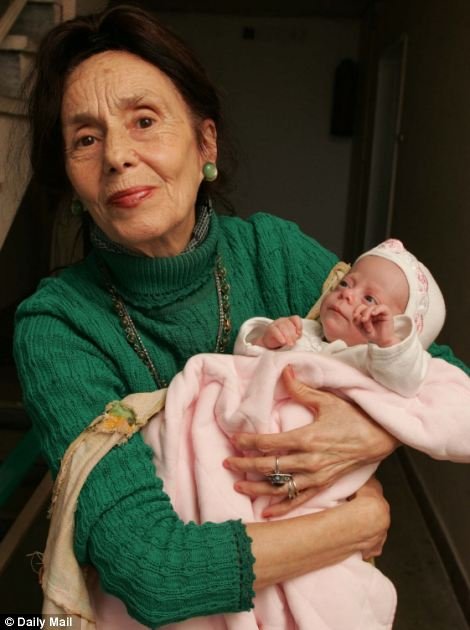
On this day in History, at the age of 66, Romanian university lecturer Adriana Illiescu gave birth. That is to say, she became the oldest birth mother in the world. The cesarean new-born baby girl was healthy and weighed 1.4 kg.
2006 Africa’s first female head of state elected
Ellen Johnson-Sirleaf becomes Liberia’s 24th president and serves office from 2006 to 2018. Therefore, she becomes Africa’s first female elected head of state.
2016 First ever flower grown in space

An orange zinnia aboard the International Space Station using the NASA Veggie (Vegetable Production System). To clarify, zinnia is a genus of plants of the sunflower tribe within the daisy family.
2019 UK Prime Minister Theresa May wins vote of no confidence
On 15 January 2019, the House of Commons of the United Kingdom tables a motion of no confidence in the government of Theresa May. Later, on 16 January, the House rejected it by a vote of 325 to 306.
2019 Stephen Curry first player in NBA history to hit 8+ three-pointers in 3 consecutive games

Golden State guard Stephen Curry first player in NBA history to hit 8+ three-point FGs in 3 consecutive games and above all, goes 9-of-17 three’s in Warriors’ 147-140 win over New Orleans. At last, the teams combine for NBA record 43 3-pointers.
2020 Impeachment trial of US President Donald Trump begins in the Senate

The impeachment trial of Donald Trump, the 45th and incumbent president of the United States, began in the U.S. Senate on January 16, 2020. In short, the charges were of abuse of power, obstruction of Congress, and above all, to seek help from Ukrainian authorities to favor him in the 2020 U.S. presidential election. The acquittal, however, came to a conclusion on February 5.
For further updates, follow the “This Day in History” section.
